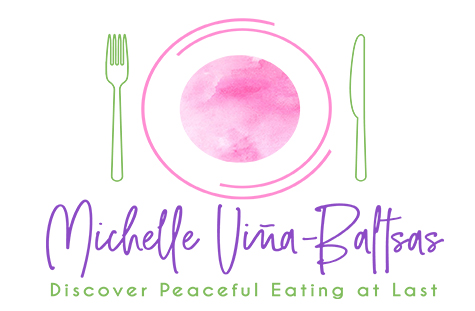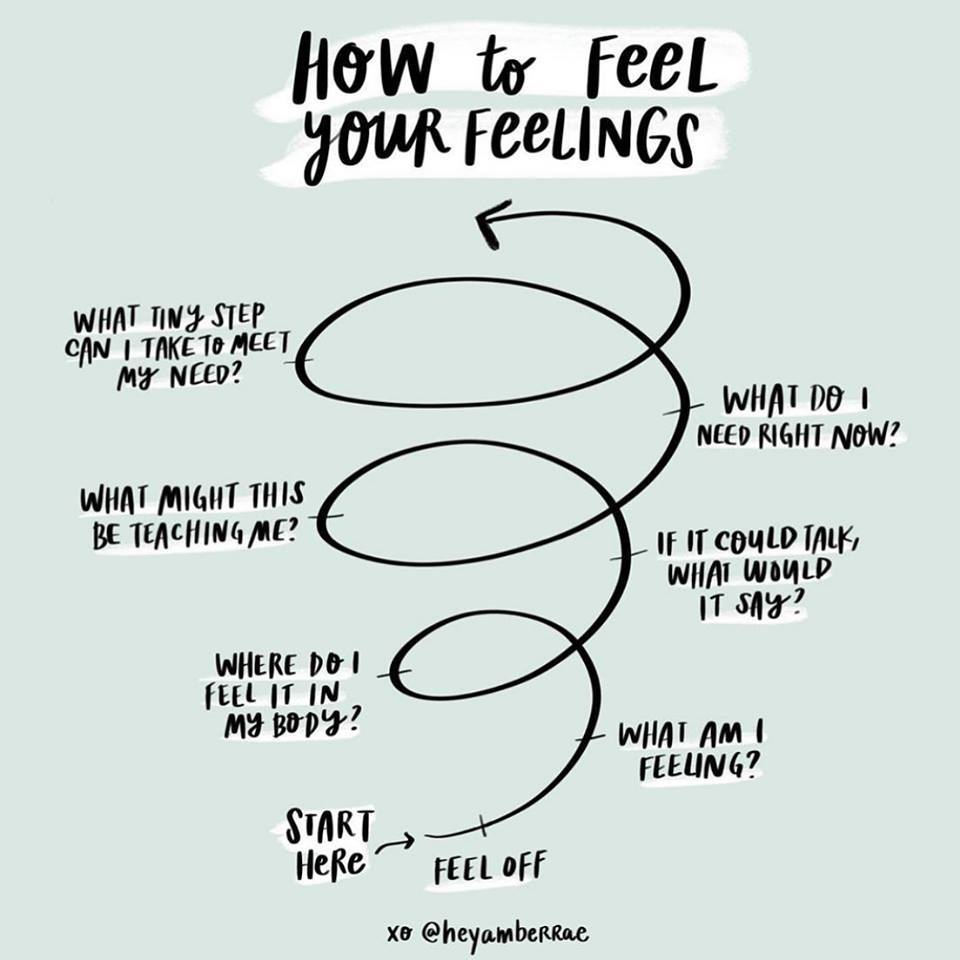The other day I was asked how I measure my clients progress without using the scale. I thought this was such a great question, especially for anyone who is considering practicing Intuitive Eating. The truth is, unlike dieting, with Intuitive Eating, progress isn’t measured by numbers (although metabolic health ranges may improve as a byproduct of better self-care). In fact, focusing on numbers like weight, inches lost/added or number of times eaten hinders the healing process. If you’re struggling in your relationship with food and have decided to start practicing Intuitive Eating, there are several indicators that show your progress without ever stepping on a scale, counting a calorie, ‘point’ or measuring your waist!
1. Hunger/fullness — You’re allowing yourself to unconditionally eat (mostly when hungry, but sometimes just because you want to) and not just basing your meals/snacks on the time of day and/or the number of hours between meals/snacks. Also, you’re becoming more aware when you’re feeling full and are usually able to stop eating based on these signals.
2. Reduced stress/anxiety — You enjoy your food with a noticeable difference in how you feel when you’re preparing it, eating it and feeling after eating it. In the past certain foods may have left you wanting more and possibly even obsessing over that but when you’ve begun to make peace with food, that stress around food often dissipates. This certainly doesn’t happen overnight, but eventually white knuckling around food will be a faint memory.
3. Digestion matters — Many who consistently eat foods that don’t agree with their digestive systems are often not tuned in to how certain foods or combinations of foods make them feel. Becoming aware of this is a huge part of the Intuitive Eating process. For some, becoming more observant about their food choices and/or food combinations is important. This may be difficult in the initial stages of Intuitive Eating, but over time, it usually becomes easier to discern this. Supplements may also be needed to help with this.
4. More variety — For those who have religiously restricted foods high in calories, fat, or carbs often limit the types of foods they’ll eat. They do this because they fear they’ll go ‘overboard’ and not be able to stop eating once they start. They are often terrified of weight gain. This is very common and can sometimes keep people in a rut with their food and often stagnates or prevents healing. Being open to and then noticing that you’re allowing a variety of foods in your diet and that you eat these foods without (or with reduced) anxiety or fear is huge growth!
5. Stop labeling and judging– You’ve stopped labeling food as “good” vs. “bad” or “healthy” vs. “unhealthy”. Labels like these create a lot of guilt around food choices and, over time, chip away at self-esteem. Labeling foods also causes us to have a moral attachment to foods. This attachment makes it impossible to notice the satisfaction level of the food and how you’ll feel physically and emotionally after eating it. Without this knowledge, foods will continue to be seen from the standpoint of calories, fat grams, carbs, etc. which is still dieting. Once you’re able to get past your judgments about food, the food choices usually become more nutritionally balanced.
6. Less preoccupation — Instead of being consistently preoccupied over what to eat, how much to eat, when to eat it, etc. you can simply be mindful and enjoy what you’re eating! While it’s certainly acceptable to give thought to food and the enjoyment of it, doing so in an unbalanced/obsessive manner isn’t healthy. When the food obsession diminishes, there is more time to enjoy life!
7. Move for fun not punishment — It’s amazing what happens when the focal point of exercise isn’t on the number of calories burned, but on how the movement makes your body feel. When your criteria for choosing movement is based on how it makes you feel rather than on the number of calories that will be burned or the number of steps you walked, you can choose movement that you’ll enjoy and likely do consistently. Engaging in consistent movement is important for metabolic health (blood pressure, blood cholesterol, sugar), managing stress, bone health, and emotional well being.
8. Stop food extremes — You know you’re well on your way to food freedom once you’ve stopped going to food extremes like forbidding refined sugar, carbs, fats or high calorie foods. When you’ve gotten to a place where you recognize that all foods can be enjoyed in moderation (which is different for everyone) and without all the guilt, this is a great sign! Once you’ve begun to see that all foods (barring a food allergy or sensitivity) can be enjoyed without the sky falling or the nasty food police always judging every morsel of food that crosses your lips, you’re on your way to achieving food freedom!
So, the next time you’re wondering if your Intuitive Eating efforts are “paying off”, I hope you’ll consider these non-numeric benchmarks. Remember, being an Intuitive Eater is not about being “perfect” around food. In fact, it’s just the opposite. Intuitive Eating is about allowing ourselves to be more flexible around food while allowing our bodies to guide us. When we’re ‘tuned in’ to what our bodies need instead of focusing on numbers, food freedom and body acceptance is possible!
If you're tired of battling with your weight, fed up with the cycle of yo-yo dieting, and yearning to be free from your obsessive thinking about food and your body, schedule your complimentary Embrace Anti-Diet Living Connection Session.
We’ll get clear on where you are now, what you want instead, and what might be getting in the way of your success.
I’ll also share some powerful recommendations and resources to get you started on creating a peaceful relationship with your body and food.







